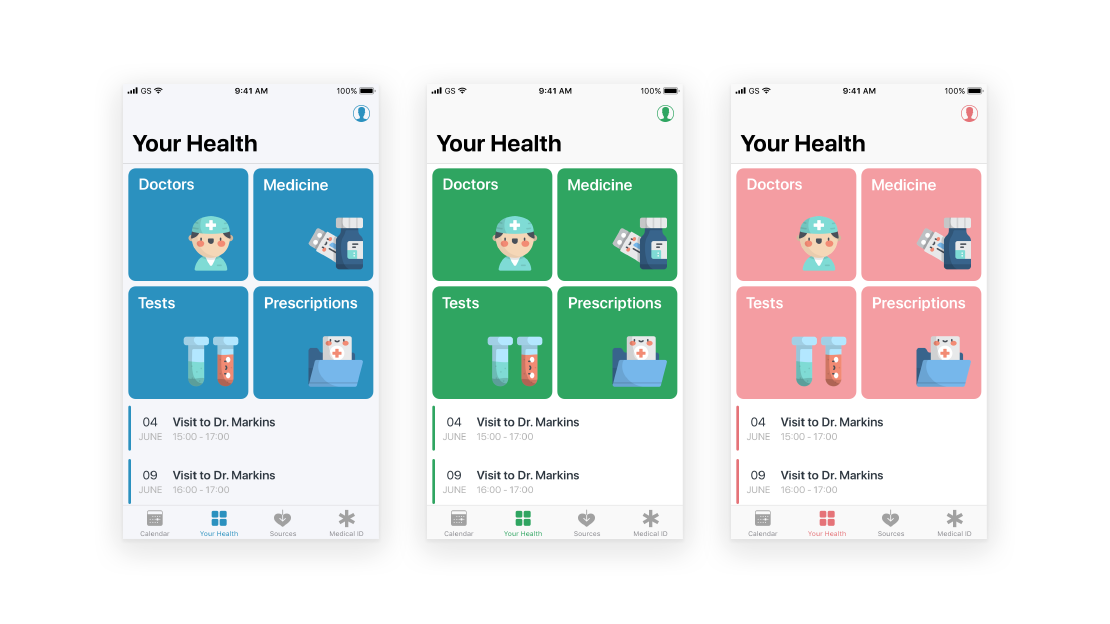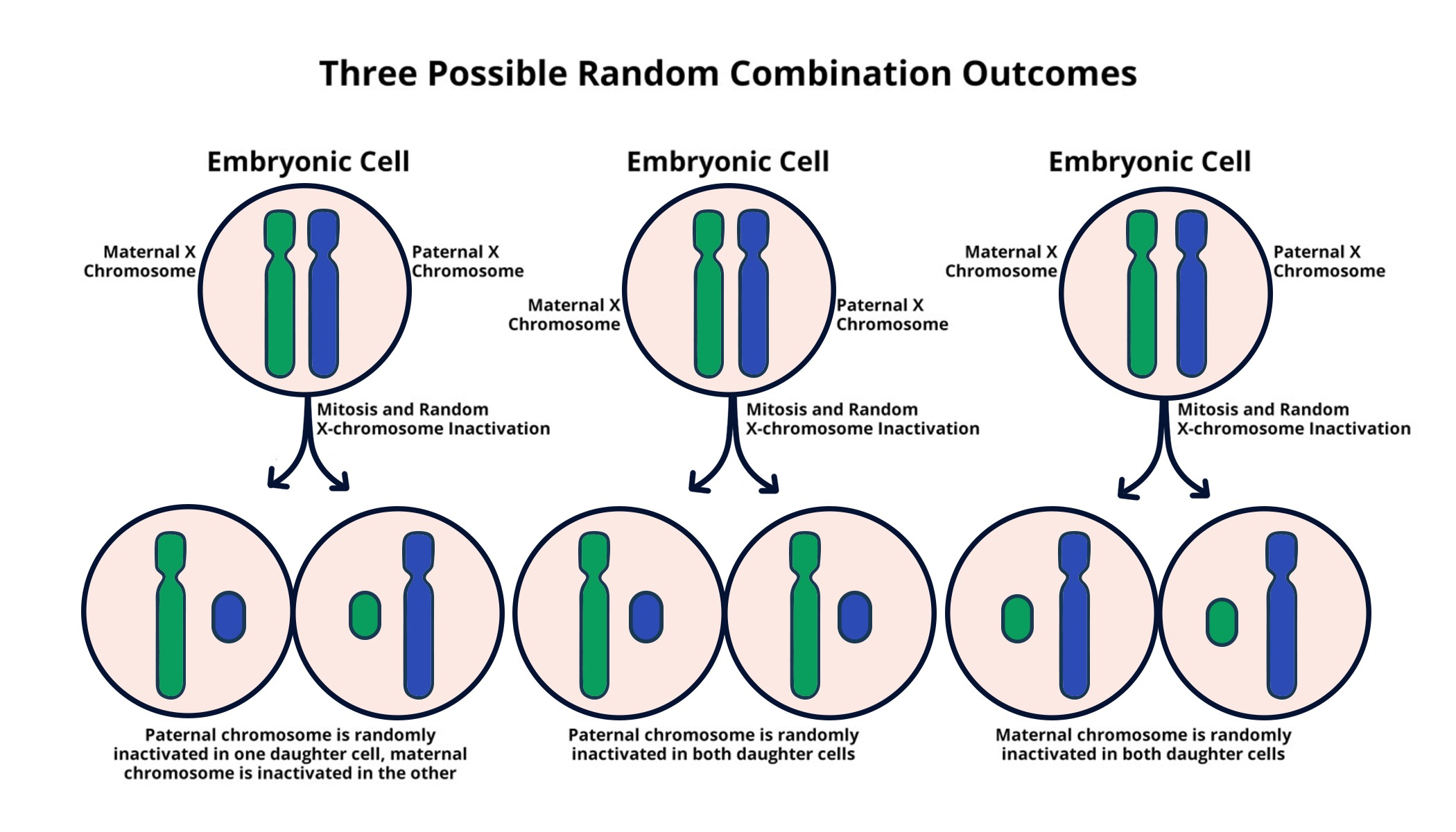Health management apps are rapidly transforming the way individuals take charge of their wellness journeys. With the integration of AI in healthcare, these apps are designed to deliver personalized experiences tailored to the unique health needs of users, from chronic disease management to everyday health tracking. They leverage cutting-edge technology, including reinforcement learning, to offer real-time solutions and support, enhancing user engagement and adherence to health protocols. Cancer support technology, in particular, has seen remarkable advancements, providing crucial assistance to patients navigating their treatment and recovery. By utilizing mobile health interventions, users can receive timely reminders, motivational messages, and even social support, making health management not just efficient, but also more accessible than ever before.
Digital health applications have emerged as essential tools for self-management in the modern healthcare landscape. These innovative tools, often referred to as mobile health platforms, harness sophisticated algorithms to aid users in maintaining their health routines effectively. Tailored for varied needs, such as those found in cancer care or even recreational cannabis use, these applications engage with users through personalized interactions powered by artificial intelligence. By implementing adaptive techniques, they not only guide daily health practices but also foster a supportive environment that encourages sustained behavioral change. In a world where convenience and personalization are paramount, health technology solutions are reshaping how individuals manage their well-being.
The Role of Health Management Apps in Personalized Medicine
Health management apps are transforming personalized medicine by offering tailored experiences to users based on their unique health needs. For cancer patients, these applications can provide crucial support throughout their recovery journey. Utilizing advanced algorithms, these apps adjust their recommendations in real-time, thereby accommodating the individual circumstances of each patient. This personalization enhances engagement, encouraging users to adhere to medication schedules, manage side effects, and maintain connections with their caregivers.
The key advantage of health management apps lies in their ability to leverage data from various sources, including user activities, feedback, and even sensor inputs from wearables. By analyzing this information, the apps can offer insights that are both relevant and timely, addressing challenges faced by users, such as medication adherence and mindfulness practices. As a result, these apps are not just passive tools; they become proactive partners in the health management process.
Advancements in AI and Reinforcement Learning in Healthcare
The integration of artificial intelligence (AI) and reinforcement learning in healthcare marks a significant shift towards smarter health interventions. By using reinforcement learning techniques, health management apps can learn from user interactions, tailoring their responses to provide the most effective support at critical moments. For example, if a patient frequently misses medication reminders, the app can modify its notification strategy based on the user’s behavior, ensuring prompts are delivered when they are likely to be most helpful.
Moreover, these intelligent systems can enhance the patient experience by delivering psychological rewards, which are essential in promoting sustained engagement. For instance, the use of gamification elements in apps like MiWaves not only helps users track their cannabis usage but also motivates them through a rewarding experience, thus facilitating healthier habits. The combination of AI technology and reinforcement learning is paving the way for a new era of personalized health interventions.
Mobile Health Interventions: Bridging Gaps in Patient Care
Mobile health interventions are becoming increasingly vital in bridging the gaps within patient care, particularly for those managing chronic conditions like cancer. These interventions use mobile technology to deliver real-time support, ensuring patients receive the necessary guidance when they need it most. With features that allow for instant communication with healthcare providers and access to educational resources, mobile health interventions can significantly lessen the burden on patients and their caregivers.
In addition, mobile health apps facilitate the sharing of health data among patients, caregivers, and medical professionals, enhancing collaboration and informed decision-making. This interconnectedness not only empowers patients but also ensures that caregivers remain actively engaged in the treatment process. Overall, mobile health interventions are making strides in improving health outcomes by creating a robust support system tailored to individual patient needs.
The Impact of Cannabis Support Technology on User Recovery
Cannabis support technology, particularly mobile applications, is playing an important role in helping users monitor and manage their consumption effectively. These apps offer personalized feedback and resources tailored to individual usage patterns, which is crucial for those seeking recovery from cannabis misuse. By understanding their habits and triggers through data analysis, users can establish healthier relationships with cannabis and reduce their dependency over time.
Moreover, these technologies often incorporate community features, allowing users to connect with peers who share similar challenges. This social support network not only fosters a sense of belonging but also encourages accountability, which can be instrumental in recovery. As more individuals turn to cannabis for various therapeutic reasons, cannabis support technology continues to evolve, providing valuable resources that cater to diverse user needs.
Just-in-Time Adaptive Interventions: A New Paradigm in Health Management
Just-in-time adaptive interventions (JITAIs) represent a groundbreaking development in health management, emphasizing timely support tailored to the patient’s current context. This approach uses algorithmic insights to deliver health information and encouragement precisely when it is most needed, decreasing the likelihood of behavioral lapses. For instance, cancer patients can receive motivational messages during moments of low adherence, making interventions not only timely but also relevant to their emotional and physical states.
The adaptability of JITAIs is critical in the context of chronic illness management. These interventions employ a feedback loop that learns from user behavior, continuously refining the delivery of support based on what strategies have proven effective. By focusing on dynamic engagement, JITAIs enhance overall patient outcomes and encourage sustained participation in health management activities.
Collaborative Efforts in Designing Health Management Apps
The development of effective health management apps relies heavily on collaborative efforts among statisticians, software engineers, clinicians, and behavioral scientists. This multidisciplinary approach ensures that apps are not only technologically advanced but also grounded in clinical realities and user needs. For example, the collaboration between academia and healthcare institutions facilitates the creation of applications like the ADAPTS HCT, which is specifically designed for adolescent cancer patients and their caregivers.
By bringing together diverse expertise, these teams can produce comprehensive applications capable of addressing various aspects of patient health and well-being. Collaborative design processes also ensure that trial feedback is used to iterate and improve the app, ultimately leading to a product that is user-friendly and effective in real-life scenarios.
Insights from Clinical Trials in Mobile Health Applications
Clinical trials play a crucial role in evaluating the efficacy of mobile health applications, shedding light on their practical impacts on patient behavior and health outcomes. Rigorous testing allows researchers to gather valuable data on user interactions and the effectiveness of algorithms used in applications like Oralytics, which aims to enhance dental hygiene practices through push notifications.
These trials also provide insights into user engagement, identifying what strategies are most effective in promoting adherence to health recommendations. Understanding the nuances of user behavior enables developers to make necessary adjustments, ensuring that health management apps can provide the best possible support based on real-world evidence.
Challenges and Opportunities in Implementing Health Apps
While the promise of health management apps is immense, several challenges remain in their widespread implementation. Issues related to data privacy, user engagement, and technological accessibility must be addressed to maximize the potential benefits of these applications. Ensuring that users feel secure about their personal health data is paramount, as privacy concerns can hinder engagement with health management tools.
Conversely, these challenges also present opportunities for innovation within the health technology sector. By developing solutions that prioritize user privacy and promoting digital literacy among patients, health apps can become more accessible and effective. Addressing these challenges head-on will not only enhance user trust but also maximize the impact of mobile health interventions.
The Future of Mobile Health Technology in Chronic Care
The future of mobile health technology in chronic care is promising, with an increasing emphasis on personalization and adaptability. As technology advances, we can expect more sophisticated health management apps capable of understanding user behavior and responding accordingly through AI-driven insights. This evolution will offer more comprehensive care options for patients, enabling them to manage their conditions proactively and effectively.
Moreover, as health systems increasingly integrate these technologies into routine care, the potential for improved patient outcomes rises dramatically. Mobile health applications will play a pivotal role in empowering patients, enhancing their understanding of their health, and ultimately supporting them in their recovery and well-being. As we look forward to these developments, collaboration among healthcare professionals, technologists, and patients will be key in realizing the full potential of mobile health technology.
Frequently Asked Questions
What are health management apps and their benefits?
Health management apps are mobile applications designed to assist users in tracking and improving their health. They offer benefits such as personalized health insights, medication reminders, and progress monitoring, making it easier for users to maintain their health goals and manage conditions effectively.
How do personalized health apps improve patient adherence?
Personalized health apps enhance patient adherence by utilizing algorithms that adapt recommendations based on individual behaviors and preferences. This customization ensures that reminders and interventions are timely and relevant, increasing the likelihood that users will follow their medication regimens and maintain healthy habits.
What role does AI play in health management apps?
AI plays a crucial role in health management apps by enabling real-time data analysis and personalized user experiences. Through advanced machine learning techniques, such as reinforcement learning, AI helps these apps provide tailored support that evolves based on user interactions and changing health conditions.
How can cancer support technology assist patients?
Cancer support technology, including specialized health management apps, assists patients by offering tailored support for medication management, emotional wellness, and social connectivity. These tools help patients navigate their treatment journey and enhance communication with caregivers, significantly improving their overall experience.
What is the significance of mobile health interventions in chronic disease management?
Mobile health interventions are significant in chronic disease management as they provide continuous support and education to patients. By allowing real-time tracking of health metrics and offering reminders through health management apps, patients can better manage their conditions and improve their quality of life.
Can reinforcement learning apps really change health behavior?
Yes, reinforcement learning apps can indeed change health behavior. By analyzing user interactions, these apps customize interventions and feedback, reinforcing positive behaviors and helping users develop healthier habits over time.
What features should I look for in a health management app?
Look for features such as personalized health tracking, integration with wearable devices, medication reminders, accessibility of health resources, and adaptive learning capabilities that cater to your unique health needs and goals.
How are health management apps helping caregivers of cancer patients?
Health management apps are helping caregivers of cancer patients by providing tools for medication management, communication, and emotional support. These apps facilitate collaboration between patients and their caregivers, leading to better health outcomes and a more supportive care environment.
| Key Points | Details |
|---|---|
| Personal Healthcare Coach | Health management apps act like personal healthcare coaches, providing tailored support for various health conditions. |
| Reinforcement Learning Algorithms | These sophisticated algorithms allow the apps to adapt in real-time to the user’s needs, improving adherence to treatment protocols. |
| Tailored Support for Caregivers | The apps also include features that assist caregivers in managing treatments, with a focus on cancer-related medications. |
| First Clinical Trials | Initial trials for the stem cell transplantation app will begin soon, targeting young adult patients to test motivation and adherence. |
| Continuous Improvement | Data from app interactions will continually refine the algorithms for better user experience and support. |
| Multiple Applications | Similar algorithms are being used for programs to assist with cannabis use and dental hygiene. |
Summary
Health management apps represent a groundbreaking approach to healthcare, offering personalized support to users for various health challenges. These applications, leveraging advanced algorithms, enhance medication adherence and caregiving strategies, particularly for cancer patients and those with addiction concerns. By incorporating real-time data and interaction, these apps provide a unique intervention tailored to individual needs, making significant strides in health management.






